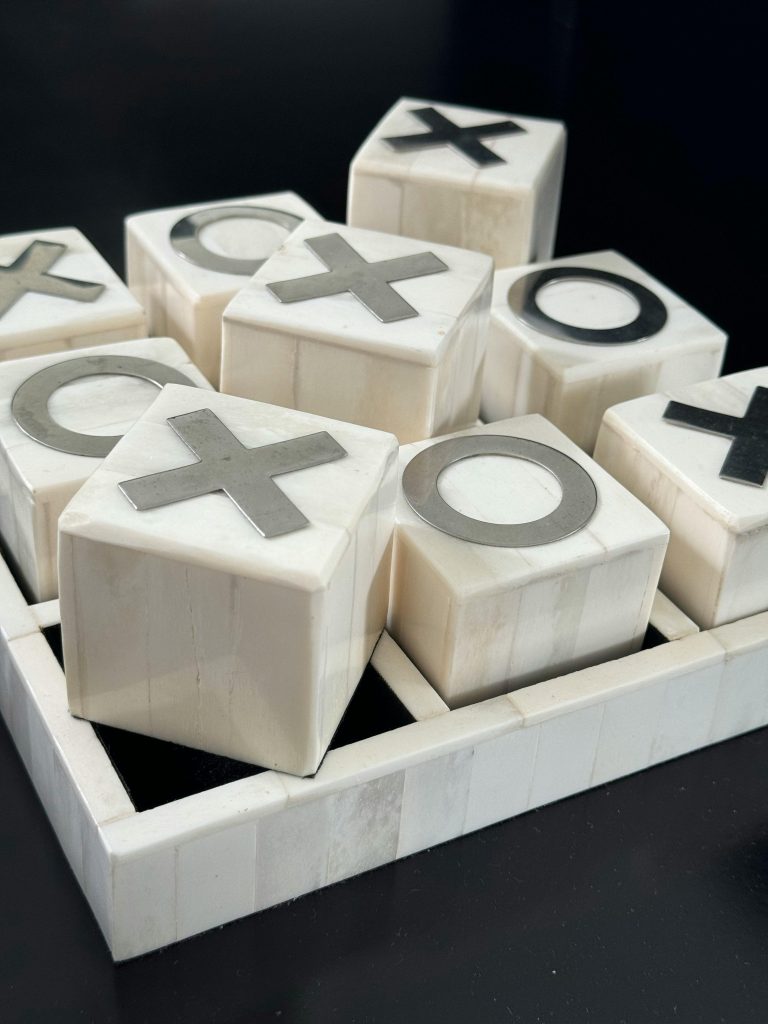Dealing with a Failed Hard Drive: Lessons and Recommendations
Losing important data due to a hard drive failure can be a stressful experience, especially when backups are absent. In this article, we’ll explore a real-world scenario to understand potential causes behind disk failure, how to address such issues, and tips for selecting more reliable storage solutions.
Case Study: A Hard Drive Failure and Its Aftermath
Recently, a user reported that their Seagate Barracuda hard disk, used as the primary drive for daily activities, suddenly ceased to be recognized by Windows 10 Pro. The drive, which stored personal files such as ebooks, fan fiction, music, and more, began making unusual clicking noises upon startup.
Following the incident, a technician was unable to recover the data, and the drive is now being examined further at a professional’s department. The user expressed frustration and confusion about the cause of the failure, reflecting on their lack of backups and recent hardware issues.
Common Causes of Hard Drive Failures
Understanding potential reasons for such failures can help prevent future data loss:
- Mechanical Wear and Tear: Hard drives have moving parts that can degrade over time, especially with extensive use.
- Electrical Issues: Power surges, outages, or insufficient power supplies can damage drives.
- Sudden Power Losses: Abrupt shutdowns due to power fluctuations may cause disk corruption or hardware stress.
- Inconsistent Power Supply & Use of Suspend/Hibernate Modes: Frequent use of sleep or hibernate features can, in some cases, contribute to hardware stress or inconsistencies, especially if power stability is questionable.
- Physical Damage or Manufacturing Defects: External impacts or internal flaws can lead to premature failure.
Preventative Measures for Hard Drive Health
To mitigate the risk of data loss, consider these best practices:
- Regular Backups: Maintain multiple copies of critical data across different storage devices or cloud services.
- Use Uninterruptible Power Supplies (UPS): Protect your system from power fluctuations and outages.
- Monitor Drive Health: Utilize SMART (Self-Monitoring, Analysis, and Reporting Technology) tools to anticipate potential failures.
- Limit Use of Sleep and Hibernate Modes: Especially if experiencing power instability, as these can sometimes contribute to hardware issues.
- Avoid Forcing Shutdowns: Shut down your PC properly to prevent corruption and hardware stress.
Choosing a Reliable Replacement Hard Drive
If you need to replace a failed disk, selecting a
Share this content:


